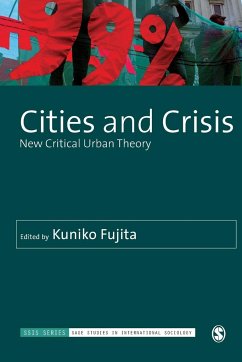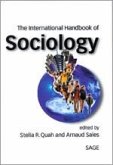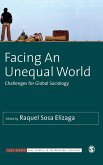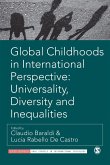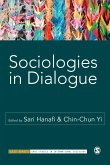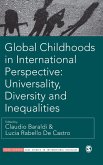Recognizing the deep relations between politics, finance, cities and citizens, this book argues for a rejuvenated account of urban theory.
The book emphasises the need to understand the importance of the 2008 global financial crisis and how the crisis affects cities nested in a variety of political economies. Situating urban theory in the current economic climate, it powerfully illuminates the dynamic between history, theory, and practice. Stressing how catastrophic social and economic calamities under the crisis lead to reorganised city structures, city life and city policies and hence new urban experience, it calls for theoretical perspectives that can speak to these challenging changes.
This groundbreaking title is a must for anyone interested in urban life and its rapid movements. It will be especially useful for students and researchers in urban sociology, planning, geography, urban and regional development and urban studies
The book emphasises the need to understand the importance of the 2008 global financial crisis and how the crisis affects cities nested in a variety of political economies. Situating urban theory in the current economic climate, it powerfully illuminates the dynamic between history, theory, and practice. Stressing how catastrophic social and economic calamities under the crisis lead to reorganised city structures, city life and city policies and hence new urban experience, it calls for theoretical perspectives that can speak to these challenging changes.
This groundbreaking title is a must for anyone interested in urban life and its rapid movements. It will be especially useful for students and researchers in urban sociology, planning, geography, urban and regional development and urban studies
Opens up new trajectories for understanding and developing contemporary urban theory. The insights offered will be useful for students and researchers from diverse disciplines of urban studies, geography, urban planning and development, conflict studies and urban sociology. Lakshmi Priya Rajendran, University of Sheffield

